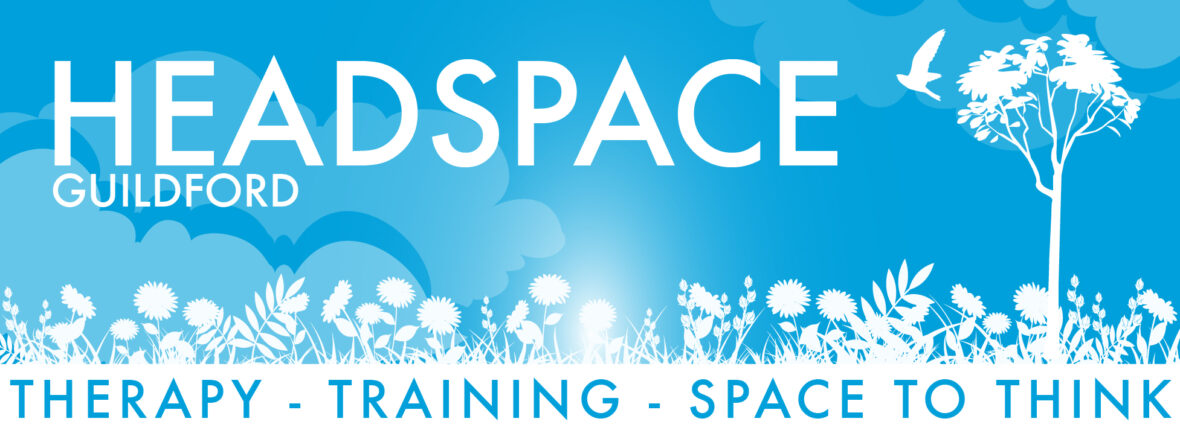I can remember once being in a very important interview – in fact it was one of a series that I needed to pass to be accepted on to Clinical Psychology training. Despite looking calm, my voice completely betrayed me, shaking the entire way through one interview. I forged on despite sounding like I was an unfit person running a marathon. I was worried my body had let me down.
We often talk about the mind and the body like they are two very separate things. We also try to separate our brain from the rest of us, like when we say things like “In my heart I want to do it, but my head says no” or in my case “I have no control over my voice in this situation”. We sometimes act like how we feel emotionally and how we feel physically have no relationship with each other. In fact, our health system (in the UK) even replicates this split with some NHS trusts attending to our physical health and others to our mental health.
But when we think about it, it’s much more complicated. For a start we talk about things like feeling love in our hearts or have a dodgy tummy ahead of a big exam, interview or meeting. We can feel sick to our stomach when we hear about something so awful, we can’t get our heads around and jiggle our bodies when we are excited. At some level we realise that the psychological (how we feel) and the physical (our bodies) are intimately related. This is how we are made, and in fact has led to our survival over millennia. The systems for emotions, for responding to stress physically and to thinking and feeling being related are evolutionary adaptive.
In that interview, I did know that the mind and the body were related. So, I realised that there was a psychological mechanism causing my wavering words, not failing vocal chords or anything else. My thoughts about this interview mattering a lot gave a message to another part of my brain that this was serious and the stakes were high. As a result, my body prepared me to face significant stress, which included affecting my breathing. This was what made my voice shake.
I knew that they weren’t separate systems and this was simply anxiety. Naming it (“I’m anxious because this is a big deal”) helped me switch my top brain back on and not obsess about the difficulties I was having getting words out smoothly. This in turn meant I could answer the questions. I did manage the interview and was later humbled to hear I had secured the place I was seeking.
Often we think we can’t manage something, especially when our brain or body, our feelings or our emotions do something we didn’t want, didn’t ask for, or don’t know how to deal with. The first step is just to notice what’s happening, to name it (“My hands are shaking because this is something I’ve not done before and I don’t know what to expect”) and to accept that it’s just the way we’re built. At Headspace Guildford this is the first step of our work with children, young people and parents. It’s often the hardest step – but once we’ve spotted what’s happening, we can then learn how to manage, which includes drawing on resources which were there all the time.
Winnie the pooh once said that “You’re stronger than you think you are”. In my opinion, he was very wise.
